With his flat-brimmed baseball cap pulled low, a DJ behind a laptop and two turntables presses an ear into a pair of headphones on his shoulder, gives a rhythmic flick of the wrist and releases a deep, reverberating bass track.
Boom boom bap. Boom bap. Boom boom bap.
A half-dozen break dancers stand in a loose circle on the dance floor at Asylum, the smooth reflective wood surface of the Portland nightclub flooded with orange light as an LL Cool J classic from 1990 blares.
Don’t call it a comeback / I’ve been here for years / Rockin my peers and puttin’ suckas in fear.
In a flurry of footwork, the dancers take turns throwing down impossible-looking moves, spinning and turning, hands planted on the ground, before snaking their way back to their feet and giving way to the next dancer.
Every Wednesday night for the past five years, the area’s tight-knit group of rappers and fans converge on a Portland club – these days it’s Asylum – to hone their craft. Rap Night is a breeding ground of emerging talent. DJs spin hip-hop records, and anyone can get onstage to freestyle to a beat, meet other artists or get booked to headline his or her own set.
Since a May 25 shooting at an Old Port hip-hop recording studio left a 19-year-old Westbrook High School graduate dead and another man wounded, some artists in the small, interconnected world of Maine hip-hop have been working to distance their musical genre from that violence. Local artists say it is unfair to associate the shooting with their community, which for years has been a welcoming and peaceful outlet for all comers.
“I think that (the shooting) was just something that happened there,” said Andre Hicks Sr., who raps under the name Dray Senior. “I don’t think it had anything to do with the music or hip-hop.”
Nonetheless, the shooting has drawn attention to the eclectic mixture of artists who make up the world of Maine hip-hop, which has grown for the better part of three decades with the help of local DJs, lyricists and producers.
They say Maine’s hip-hop community, which includes perhaps 100 to 200 active recording artists, is vibrant and peaceful, and is not represented by whatever happened at Da Block Records on Market Street, where police said a group of as many as 11 people were gathered around midnight Memorial Day when a confrontation broke out.
“Everybody will tell you, the only thing that goes down there is music,” said Ron Hargrove, 48, who owns Da Block and goes by the rap name Spoondaddy The 1. “The Old Port has been very good to us. I know exactly what the place represents.”
• • • • •
The hip-hop cultural movement emerged in Maine in the 1980s, when the rap genre started gaining traction nationwide with acts such as Grandmaster Flash and the Furious Five, Run-DMC and LL Cool J getting radio play and selling records.
Dray Senior, one of the scene’s earliest proponents, said he moved to Maine with his family as a teenager from Jersey City, New Jersey, bringing with him a passion for hip-hop.
“You had to rap over whatever back then,” said Dray Senior, 44. “We weren’t using drum machines. We’d rap over anything with a good beat.”
Now, his 27-year-old son, Andre Hicks Jr., who goes by Dray Junior, also raps, and together they have made music for years.
But the scene had to grow from nothing, when rappers from New York and other large cities began performing and selling albums in the suburbs and rural areas.
In a recently discovered VHS tape from 1985, LL Cool J, who was not yet widely known, is shown playing a Colby College gymnasium, with a few dozen bewildered-looking parents and elementary school students looking on. The up-and-coming rapper gives his audience a primer on the art form, outlining how his DJ, Cut Creator, mixes records together. “Now what you’re about to see right now is called rapping and scratching,” he tells them.
Three decades later, Mainers have come a long way. Portland’s Rap Night is a weekly staple, where break dancers, DJs, rappers and many others come together to perform and support one other.
During Rap Night last Wednesday, a Connecticut artist, Armando “Stretch” Acevedo, blasted out a rapid-fire, high-energy set, before Portland rapper Brzowski took the stage with his gothic outlaw doom rap group, Vinyl Cape.
“Many people think that’s an ironic statement in itself, ‘Maine hip-hop,’ ” said J.T. Bisson, who for the past decade has run Appleton Radio, a 24/7 online radio station that exclusively plays local hip-hop.
“If I encounter somebody new, their first response is like, ‘What? There are rappers in Maine?’ I say, ‘Yeah, there’s really good rappers in Maine.’ ”
Bisson said he’s watched as the power of digital music-making and the ease of sharing and promoting online have made it easier for more people to record tracks and get them to listeners.
• • • • •
Maine’s most famous rapper is Spose, a Wells man whose real name is Ryan Peters, who has toured nationally in support of his three studio albums and four mixtapes released since 2007.
“Spose is doing it for real,” Bisson said. “There are a lot of them who would want to be, but he’s the one that works really hard as a professional rapper.”
Not all local acts have been as commercially successful, but that has done nothing to dim their passion.
Brzowski, born Jason Cornell in Providence, Rhode Island, has been performing in Portland for the better part of 15 years. He said he has found the atmosphere here welcoming and supportive of many styles.
“We have a really, really healthy scene here, and it’s been active for a long time,” observed Cornell, who said he is in his 30s and a graduate of Maine College of Art. He said he works in the city’s “creative economy” but declined to be more specific.
Some hip-hop circles, such as Da Block’s crew of about a dozen young rappers, may not overlap with every other circle, Cornell said, but the Maine scene is small enough that everyone has to learn to live with one another – if they’re not collaborating already.
“Not everybody is best friends, but it’s a small place,” said Bisson, who works at Idexx by day but has run the Internet radio station for more than a decade. “If you want to be part of the scene, start out, pay your dues. You do have to go to where it’s happening. You are kind of forced, at least if you want to get out of your bedroom and get off the Internet, you have to go to these hot pockets.”
• • • • •
Hargrove said he’s trying to pave a different path. He does not perform at Rap Night, nor has he forged a strong relationship with the two people who run it, Nate “El Shupacabra” Shupe and Jesse Wagner, both of whom declined to speak on the record with a reporter.
His focus is on promoting his stable of young rappers, some still teenagers. He has high hopes, and promotes himself and his group constantly through social media.
Originally from Boston’s Roxbury neighborhood, Hargrove said he came to Maine eight years ago because the state’s hip-hop scene was so early in its development, offering more opportunity.
In an interview conducted before the shooting for a story that appears in the June issue of Dispatch magazine, Hargrove hinted at the danger of the world he left in Boston.
“Maine is very safe. Out here, hip-hop is still pure,” he told the magazine. “This side of hip-hop is very healthy, very lovely, very friendly. The other side is very scary, very dangerous, very (expletive) crazy.”
Marktese Frazier, 26, a rapper who goes by the rap name Demon Dog and has recorded at Da Block, said that while young talent exists in Maine, the fan base here for underground hip-hop is smaller than in more populated places, making it a challenge to get big crowds to turn out for local rappers like himself.
Frazier, who moved to Maine from Alabama as a teenager and raps with the slower drawl of his Southern roots, works temporary jobs when he’s not performing a few times per month and selling CDs. He spoke highly of Hargrove, who he said is eager to give young artists studio time to develop their craft.
Making the jump to larger audiences, however, remains the biggest hurdle, he said.
“They love hip-hop … out here, but there’s bigger support out of state,” Frazier said. “The only way this state is … going to be considered a serious hip-hop state is if we come together.”
Send questions/comments to the editors.


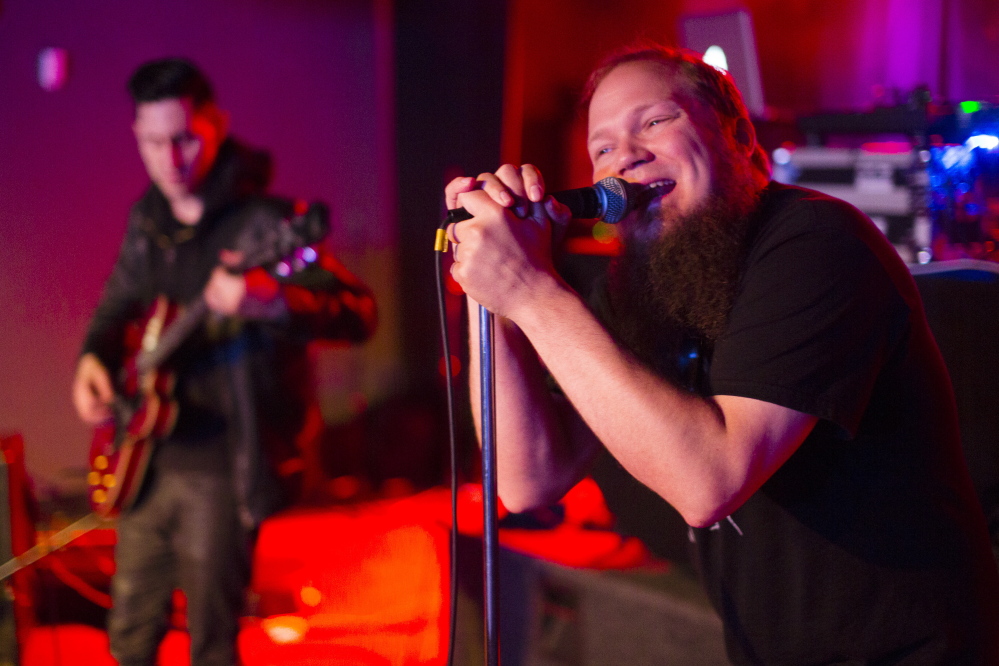
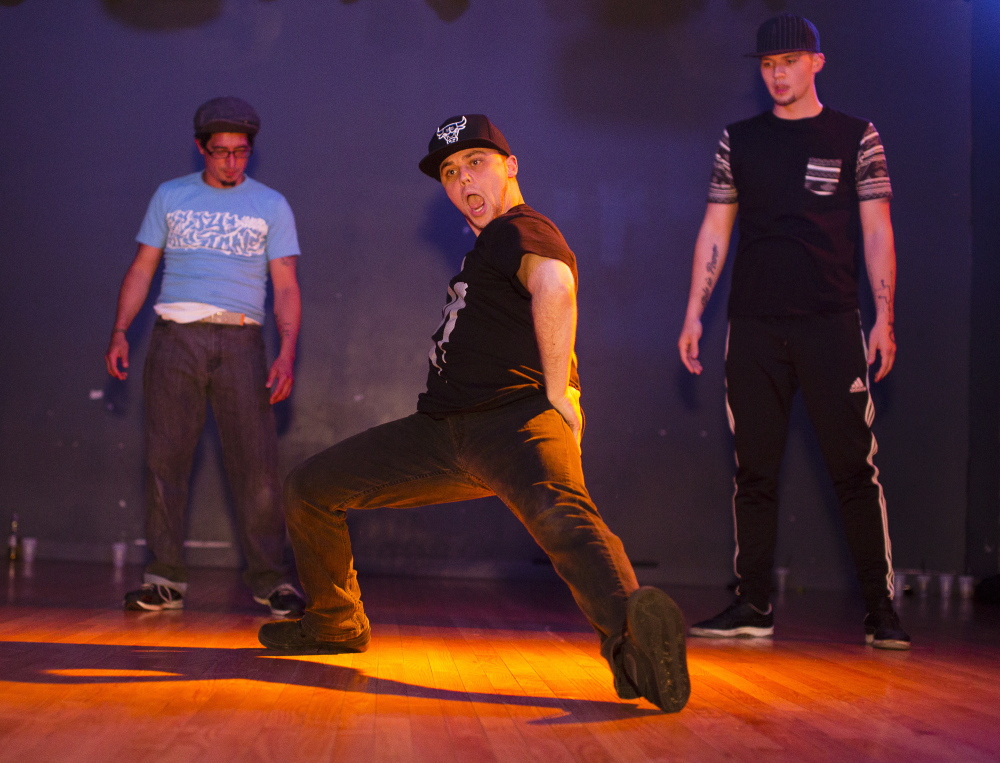
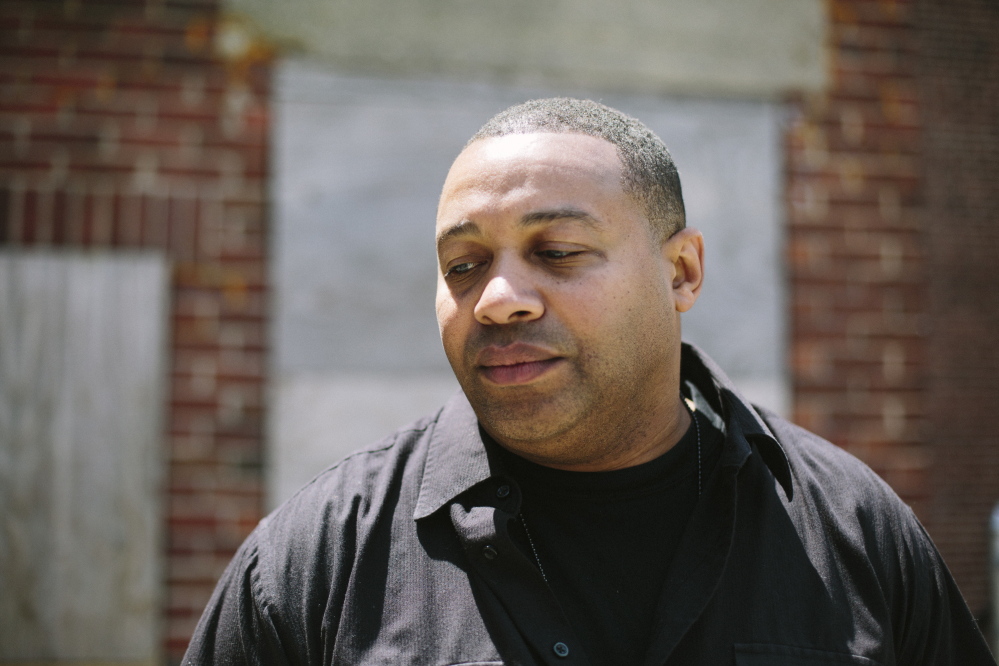
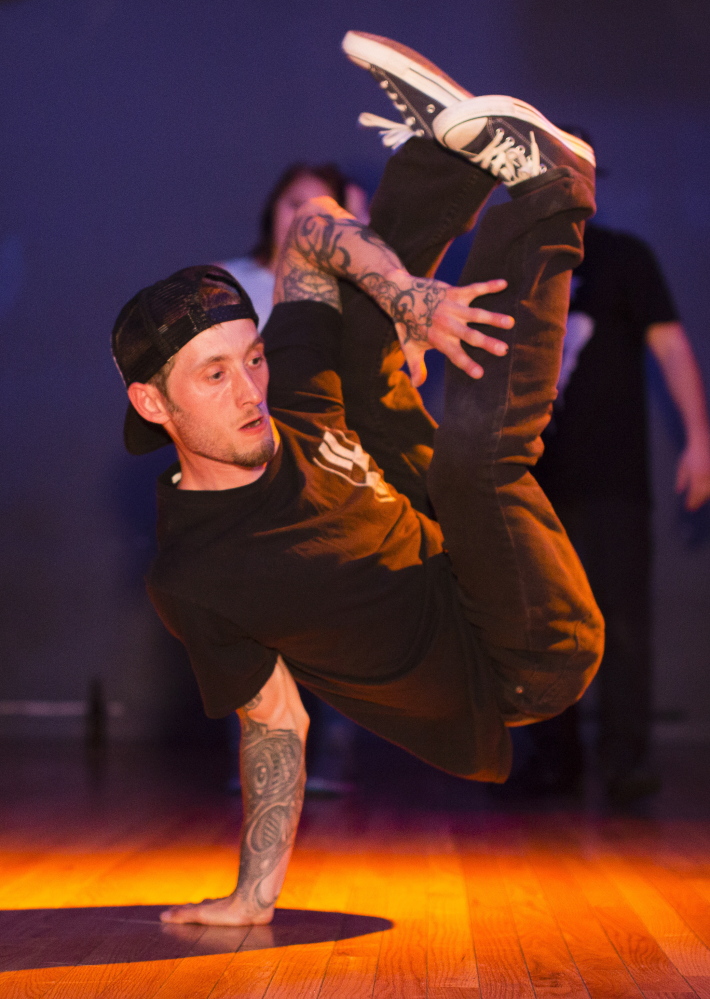
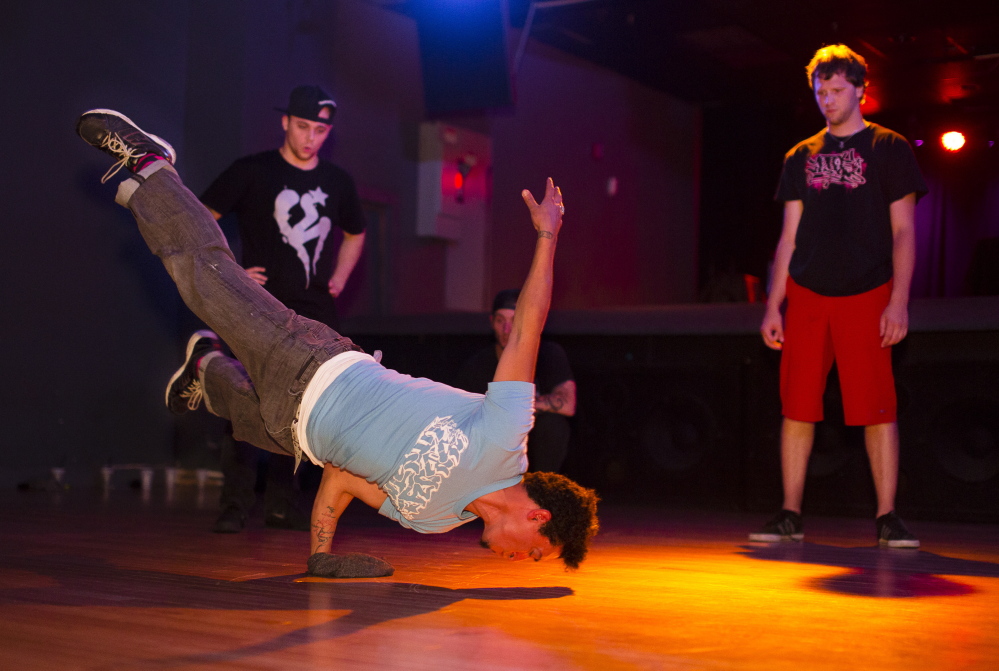

Success. Please wait for the page to reload. If the page does not reload within 5 seconds, please refresh the page.
Enter your email and password to access comments.
Hi, to comment on stories you must . This profile is in addition to your subscription and website login.
Already have a commenting profile? .
Invalid username/password.
Please check your email to confirm and complete your registration.
Only subscribers are eligible to post comments. Please subscribe or login first for digital access. Here’s why.
Use the form below to reset your password. When you've submitted your account email, we will send an email with a reset code.